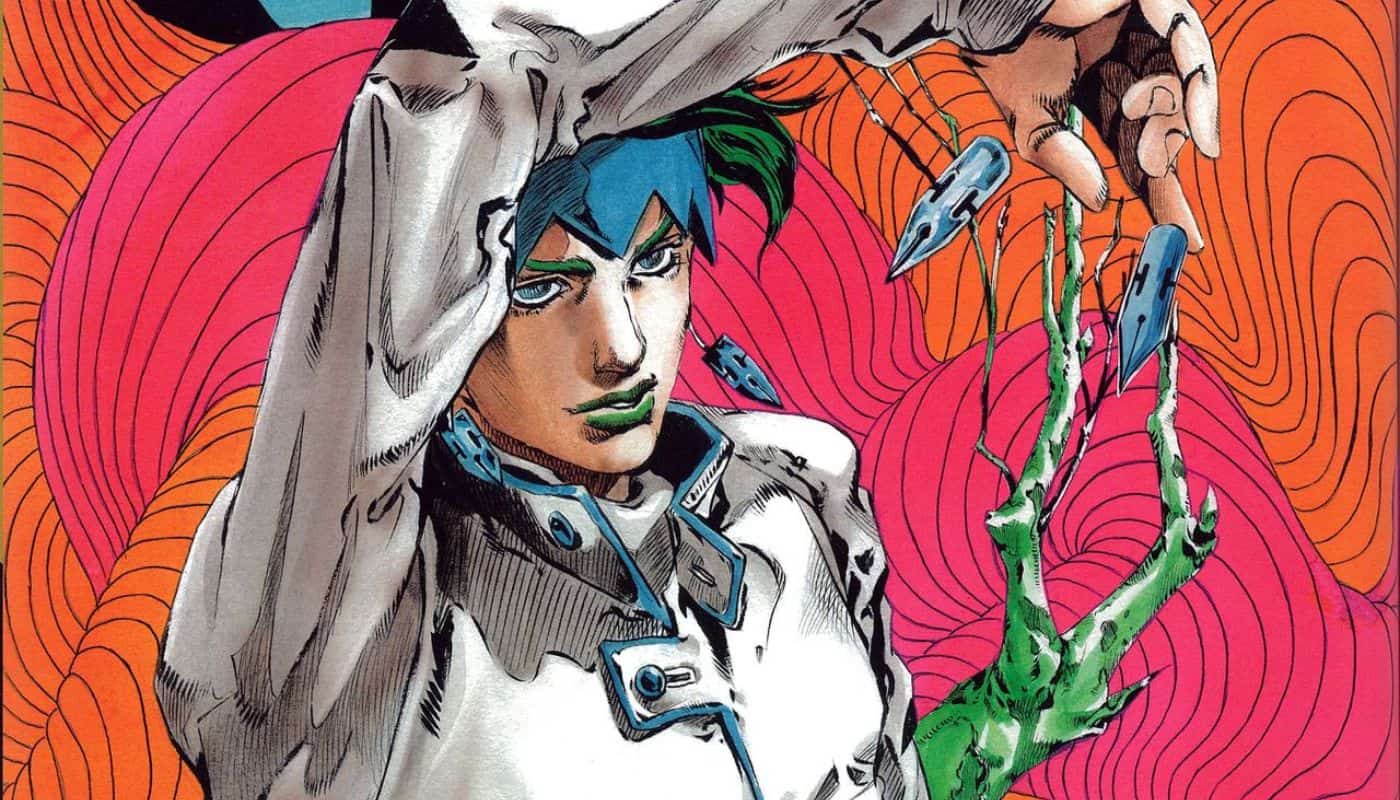For his Cantonese-language debut feature, the newly-graduated director Chen Zhilin (Chilam) has chosen to fish for inspiration within the comfort zone of his native Guangzhou and maybe his experience of being an oversea student, achieving in this way a rather charming and effective result. Completed as a requirement of the Master of Fine Arts in the Film & Media Art degree at Emerson College and following a series of short movies, “The Little Shrimp” will have the privilege of opening the second edition of the Mulan Film Festival in Toronto, Canada.
“The Little Shrimp” opened the Mulan International Film Festival 2019

This gentle tale of growing up is narrated from the perspective of Cheng (Andy Choi), a student who goes to college in Boston and returns to native Guangzhou for the summer break. Cheng is a sweet-natured boy and is initially overwhelmed by that mix of expectations, jet lag and reality check that often troubles the holidays of University students living away from home. To make things worse, Cheng is shocked to discover his grandfather had recently passed away and nobody told him. Death is in fact a taboo subject for his mother (Crystal Lee) who thinks that even mentioning it will bring bad luck.
During Cheng's absence, his slightly dysfunctional family seems to have drifted apart, operating now as single individuals sharing a common space; father (James Au) is either on the phone taking bets or shouting in attempt of showing authority, elder sister Yam (Isabelle Chan) is locked in her room and mother … is just being mother. Although – most probably – it is just the boy's mutated perception that highlights glitches that had been there all along. Moreover, as the Government is taking over the land to build office buildings, the family is about to relocate to a brand new apartment. The world around Cheng is quickly changing and all his comforting reference points are dissolving in this sweltering and humid summer of Guangzhou. But a visit to a sick relative in hospital will act as a catalyst, stirring and shaking the repressed emotions of the family members.

“Little Shrimp, you'll soon grow tall and big” says the sweet lullaby that closes the movie. Boy Shrimps and Girl Shrimps in the old tradition are the children before being given a name by a Master for their future good luck; a suspended limbo – albeit a comfortable and carefree limbo – before the affirmation of one's personal identity. “The Little Shrimp” is a mature exploration of the disquiet and the burden of this necessary phase of alienation and turmoil, narrated with the empathy of someone that has just gone through it and resurfaced on the other side.
This feeling that Chen firmly owns the story pervades the view and makes it intimate and soulful. The narration is beautifully subtle, with a pace that is inspired by the classic slow cinema and imbued with delicate symbolism. Cheng's jet-lag is a playful and effective way to emphasize his displacement and his feeling of being unsynchronized with the rest of the family, and the backdrop of the fast-changing cityscape complements that state of mind. At the climax of the boy's emotional tumult, he curls up in fetal position, one last time, in the deserted womb of his old family home. Cheng needs to face a painful “delivery” in order to be re-born into the hostile world of adults and reaffirm his identity. Good news is that it's all a natural process and the finale is quiet and reassuring like the aforementioned lullaby.

Director Chen – who authored the script too – seems to have the Midas touch when it comes to character development; with sparse dialogues and few mundane lines he manages to create four solid individuals whose perception changes and develops in the swift 62 min of running time. I was moved and impressed by the way the reclusive elder sister Yam (Isabelle Chan) conveys, in just a handful of words, all the strain of being forced into the slower lane, mixed with frustration and genuine confusion.
Chen uses an interesting mix of visual storytelling techniques that makes his movie rather sophisticated. Contemplative shots, extreme close-ups, fixed-camera elegantly framed long takes and indirect POVs are showcased seamlessly, thanks to an agile editing work.
The director and his protagonist belong to a generation that is evolving rapidly and is positioned as a buffer between the traditional motionless societies and the rise of nomadic culture. Overlapping the macro-realm of blurring identity as a necessary consequence of this process, and the personal microcosm of Cheng's coming of age, Chen gives its work a transnational appeal and Mulan's choice of having it as the opening film is a strong message of encouragement to young filmmakers.















